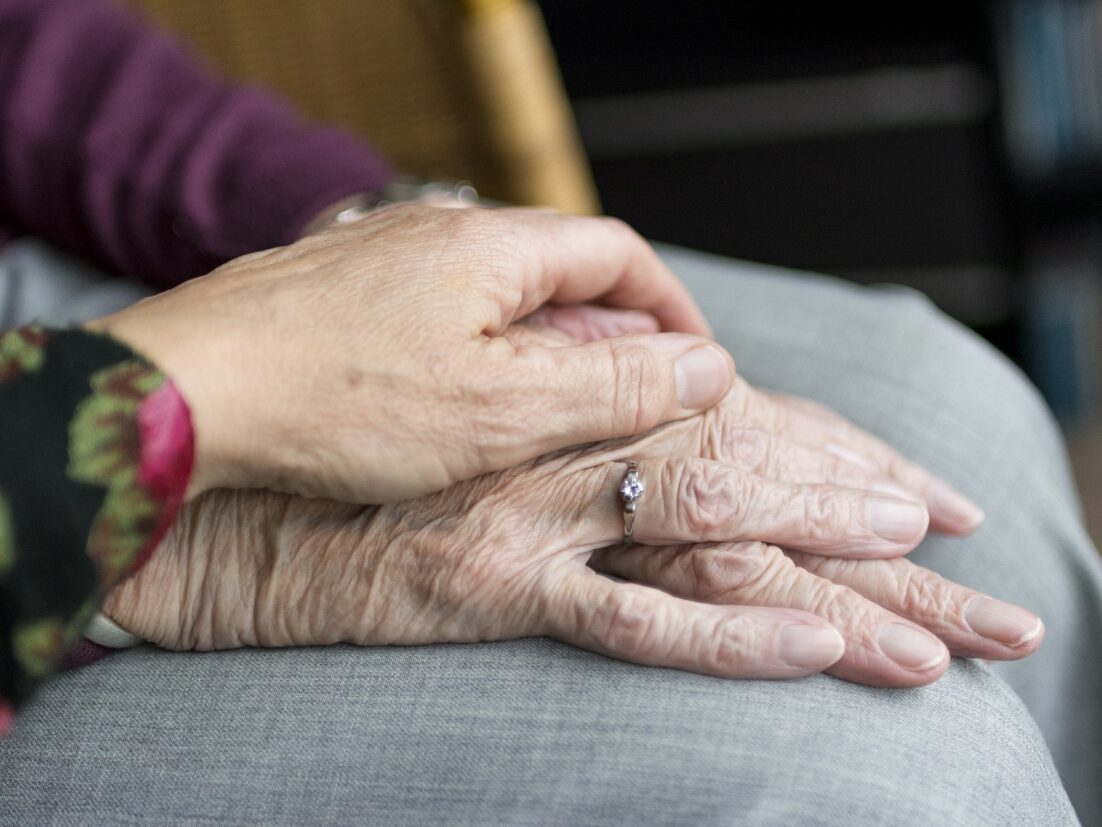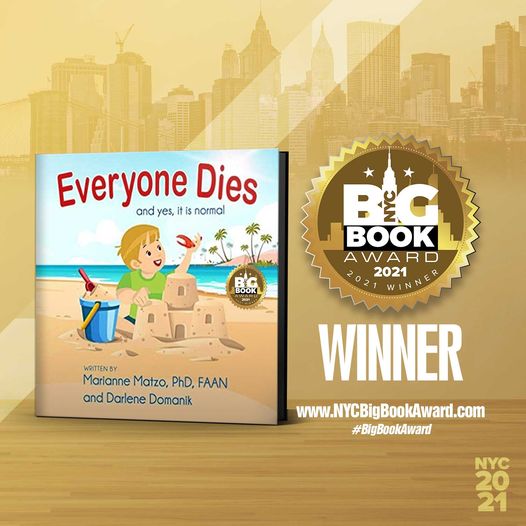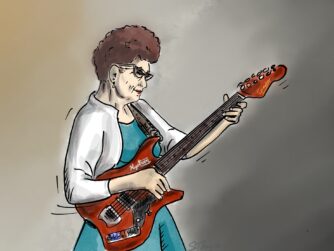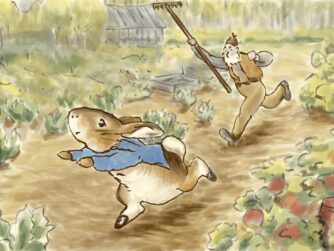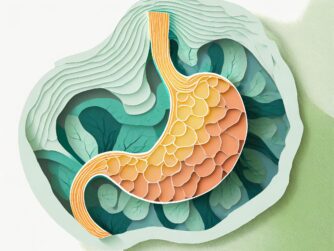We want our loved ones to be able to make their own decisions as long as they are able, but what do you do when they are making bad decisions? We talk this week about decision-making capacity and the differences between ability, capacity and competency.
In this Episode:
Charlie explores interactions with deceased family members in dream, Dr. Matzo talks about how we know if our loved ones have Decision-Making Ability, Capacity, and Competency…and what each of those words mean in the legal world. And Charlie has some words of encouragement for caregivers from a hospice nurse.
- 01:27 – Recipe: Peanut Butter Cake Mix Cookies
- 03:39 – Connections with Loved Ones After Death
- 17:22 – Decision-Making Ability, Capacity, and Competency
- 1:04:12 – Encouragement for Caregivers from a Hospice Nurse
- 1:07:59 – Outro
What is Decision-Making Capacity?
Decision-making capacity implies the ability to understand and make medical decisions for oneself. For a person to have decision-making capacity, he or she must be able to understand the information, use it in rational ways to come to a decision, appreciate the consequences of the decision, and have that be a reasonable decision for him or her.
Legal vs Medical Determinations
Capacity – or Clinical Competency – is assessed by a health care practitioner, and is regarding their abilities to understand an Informed Consent discussion. A healthcare proxy/surrogate or healthcare power of attorney may be appropriate to chose for the person.
Competency – Or Legal Capacity – is a determination made by a judge and affects several legal functions. We talk about the impacts of this decision as well as the guardianship that may follow.
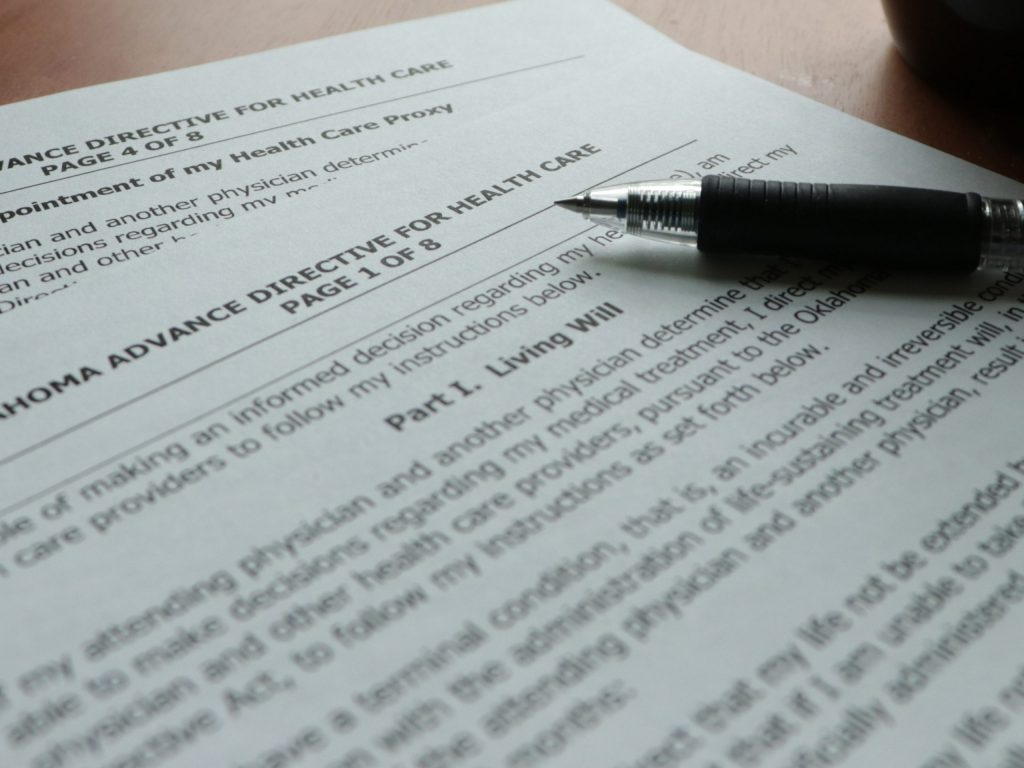
What is Right for Your Loved One?
If you are having to ask the question, it is indeed a difficult time! We talk in depth about the situations and provide resources. Most of all is the attitude in which to take these next steps. We are leaning more about how to focus on what mental capacity is retained and provide as much dignity as possible while meeting our loved one’s needs. See the references and resources below to help you along your journey.
References:
- Factsheet: What is Mental Capacity? | martin searle solicitors (ms-solicitors.co.uk)
- Legal capacity, mental capacity and supported decision-making: Report from a panel event – PMC (nih.gov)
Resources:
- Capacity, Competency, and Guardianship | Johns Hopkins Psychiatry Guide (hopkinsguides.com)
- The Ten Commandments of Mental “Capacity” and the Law: Featured Content (americanbar.org)
- Mental capacity | Mental Health Foundation

Related Episodes:
- S1E09: Advance Directives
- S3E50: Caring for a Partner with Dementia
- S1E48: Alzheimer’s Disease
- S1E34: Huntington’s Disease
- S3E47: Frontotemporal Dementia Part 1 – What Is FTD?
- S3E48: Frontotemporal Dementia Part 2 – How FTD is Managed
- S2E1: Lewy Body Disease
Connections after Death?
Charlie shares reports that the connections people experience with their loved ones don’t necessarily end after death, that many Americans say they’ve interacted with deceased family members in dreams. Listen to some of these bizarre interactions, and make your own inferences!
Segment References:
- People Who’ve Died And Been Resuscitated Share What Death Was Like (buzzfeed.com)
- Surges of Activity in the Dying Human Brain Could Hint at Fleeting Conscious Experiences – Scientific American
- Interacting with dead relatives: What Americans say they have experienced | Pew Research Center
Encouragement for Caregivers
Charlie read this anonymous post from Facebook, written by a hospice nurse.
You cannot hold this over your own head. I have seen these circumstances so frequently. The guilt we put ourselves through is incredible. When someone we love dies, it is so common to have mixed emotions, thoughts, questions, and feelings like you should have or could have done something more or something different. I am a 16-year experienced and certified hospice nurse. I have some thoughts on this topic, Your power of attorney did not activate until they were no longer able to make their own decisions. They were aware of their diagnosis. They were aware of the treatment options, and they oversaw making those decisions throughout the course of their journey. They oversaw coming to the terms of their impending death and at some point, they did accept it. They knew. Whether they wanted to face it or admit it, that’s another question. But only when they were so sick, and so beaten down from their disease, incoherent or confused, did you start to take over the decision-making process and you did the best job you possibly could, as a beautiful soul. If you were caring for someone that could never make those decisions for themselves, maybe they weren’t aware of their diagnosis, maybe they didn’t have any control throughout the process, and all those heavy decisions fell on you. I’m sorry you had to go through that, but who was better for the job? You did everything you possibly could and nothing less. We may not understand why things happened the way they did, in the order that they did, with the outcomes we’ve endured, but you’ve made it through. Albeit with heartache and some painful memories, you did exactly what you needed to do. You created beautiful memories through the pain and suffering, you cared for them and showed them the love and compassion they needed, and you never gave up. You are someone who stepped up to the plate when they needed you most, someone to help preserve their dignity, advocate for them, and care for them during arguably the hardest trial of their life. And that my dear, is admirable. What you did for your friend or loved one was selfless and hard, and you will grow even more from this experience, and you did a beautiful job. Also remember that you did what you could at the time, given the circumstances and resources you had. Who could expect more? You did not purposefully fail them. You did not fail them at all. You helped them reach peace at the end of their journey, and you made it through too. Their souls are free, and they had you to help guide them. They are at peace and have no hard feelings for anything that you did or didn’t do. How can you heal when you cannot forgive yourself for something you had absolutely no control of? You did a wonderful job. You are a beautiful soul. Thank you for helping them.
Recipe of the Week:

Easy Peanut Butter Cake Mix Cookies
There are other 4 ingredient peanut butter cookie recipes out there, but nothing quite like this one because it starts with a cake mix. Intrigued?
Go to Practically Homemade for the full recipe and instructions.


https://blog.feedspot.com/palliative_care_podcasts/
Everyone Dies: and yes, it is normal!
Everyone Dies (and yes, it is normal) is a story about a young boy named Jax who finds something special on the beach where he and his grandpa Pops are enjoying a wonderful day. Pops helps Jax understand that death is a normal part of life. This book provides an age appropriate, non-scary, comfortable way to introduce the important topic of mortality to a preschool child. Its simple explanation will last a lifetime. Autographed copies for sale at: www.everyonediesthebook.com. Also available at Amazon
Mourning Jewelry
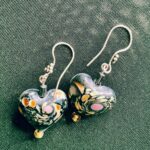
We offer a way to memorialize your loved one or treasured pet with a piece of handmade jewelry. When people comment on it and the wearer can say for example “I received this when my mother died” which opens the conversation about this loss. All our jewelry is made with semi-precious stones and beads, vintage beads, and pearls. You can choose between earrings or bracelets and the color family. Learn More


